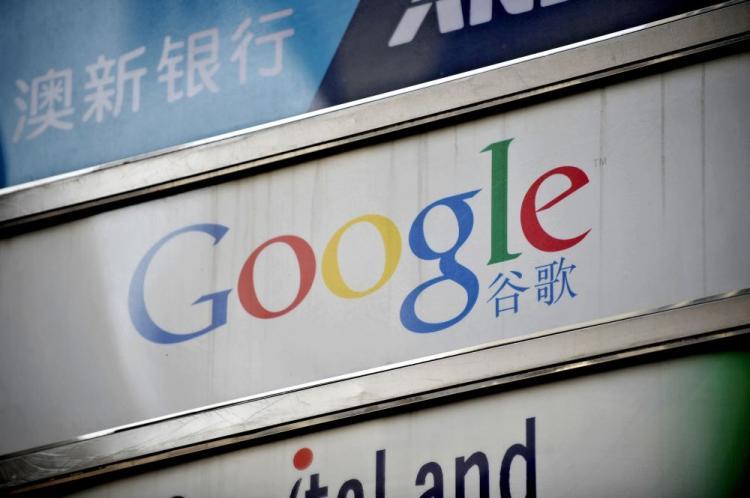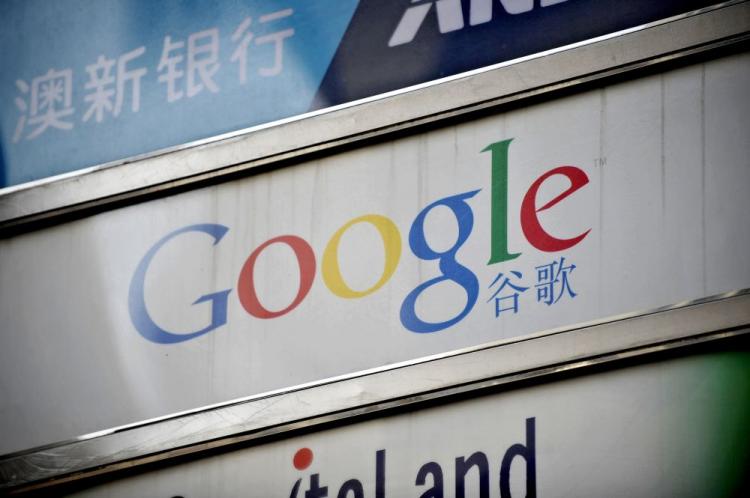Google’s decision was made after it uncovered systemic cyber attacks from China on its infrastructure, as well as those of other companies.
With a population of 1.3 billion, China is viewed by many multinational enterprises as a vast, lucrative, and largely untapped market. But the Chinese Communist Party (CCP) has ruled with an iron fist that has become stricter with time—and many businesses find it increasingly difficult to doing business fairly in China.
“These attacks and the surveillance they have uncovered—combined with the attempts over the past year to further limit free speech on the Web—have led us to conclude that we should review the feasibility of our business operations in China,” said Google Senior Vice President and Chief Legal Officer David Drummond in a statement.
Google’s recent clash with CCP authorities is not new to the business sector.
Last year, British-Australian mining company Rio Tinto rejected a $19.5 billion deal with Chinalco, China’s largest aluminum producer. In turn, the CCP arrested four Rio Tinto employees in Shanghai on charges of espionage.
Two years ago, Chinese authorities rejected a proposed takeover of Huiyuan—China’s largest juice maker—by Atlanta-based Coca-Cola Co.
Yet abroad, China’s state-owned companies have flexed their muscles and have been on an acquisition spree during the global recession. Nanjing Automotive last year took over British automaker MG Rover, and Sichuan Tengzhong Heavy Industrial Machinery took over Hummer from General Motors Co. Chinese investment firms also bought substantial stakes in Western banks during the financial crisis, including Morgan Stanley and U.K.’s Barclays PLC.
Tech Companies Face Greater Obstacles
But technology companies face greater challenges due to the fact that the CCP uses Web filtering and censorship to directly control the information viewable by its citizens.
For example, last summer, China required all personal computers used in the country to possess a “Green Dam” Web-filtering software to block all politically sensitive Web pages. The demand was indefinitely withdrawn after an international uproar.
Responding to the “Green Dam” requirement, Business Software Alliance (BSA) CEO Robert Holleyman said in a statement, “No other country in the world has a proposal as draconian as this. This is completely antithetical to how products are created, particularly for software, which tends to be developed on a global basis, with elements designed by teams all over the world.”
But that’s not all. BSA estimates that around 70 percent to 80 percent of all software sold in China are pirated versions of the real programs—severely cutting into the revenue potential of software makers.
To do business in China, technology companies not only must configure their products to abide by the CCP’s requirements—risking backslash from its domestic stakeholders—but also must operate on slimmer margins due to rampant piracy of software and hardware, from illegal copies of Microsoft Windows to counterfeit Apple iPhones.
But so far, Microsoft is sticking to its China business. CEO Steve Ballmer in a statement last week said the Redmond, Wash.-based software publisher has no plans to leave the Chinese market.
Yahoo Supports Google
Yahoo! Inc., fierce rival of Google threw its support behind the Internet company.
In a statement last week, Yahoo said that it is “aligned with Google” in opposing China’s Internet censorship and attempts of cyber infiltration.
Yahoo is among the list of U.S. companies targeted by the Chinese in its cyber attacks uncovered by Google. Other companies include Adobe Systems, Juniper Networks, and Symantec. Dow Chemical and defense contractor Northrop Grumman acknowledged that they have been contacted by the U.S. government regarding possible cyber attacks.
Yahoo has also had a rocky road in China. In 2005, it turned over its China business, Yahoo! China, to Chinese Internet giant Alibaba and currently only remains a minority investor. Alibaba reportedly called Yahoo’s support of Google “reckless.”
In 2007, Yahoo suffered major political and public backlash after it allegedly handed over information on several Chinese political dissidents to CCP authorities.







Friends Read Free